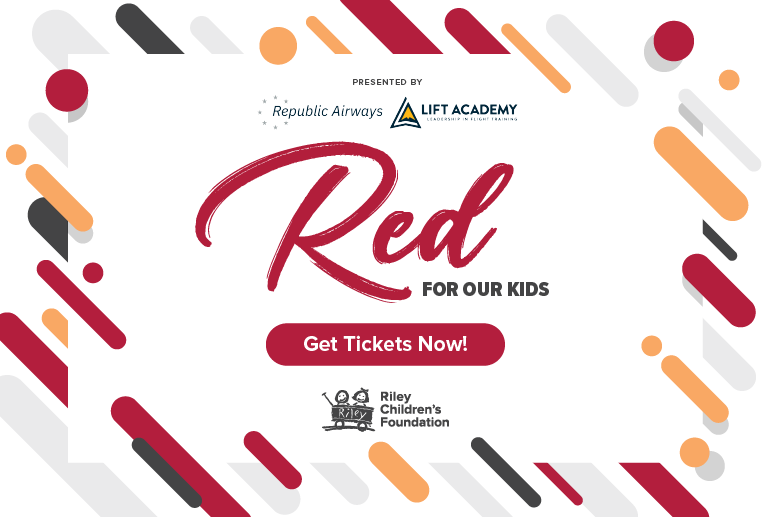Nicky’s Secret Weapon

Nicky has a secret weapon in his ongoing fight with anxiety, depression and ADHD: a pickle jar.
When the bad thoughts sneak up on him – the ones that say he isn’t smart enough or good enough, that he’s going to bomb on the soccer field or that kids will make fun of his ideas – he mentally opens the jar, stuffs the negative self-talk inside, and banishes the container to the top of Mount Everest. “The jar keeps those thoughts away from your mind,” the 11-year-old explains.
He keeps a physical jar – which includes a chicken sandwich and pickle he molded from clay – as a reminder to use the strategy whenever he’s feeling overwhelmed.
Nicky was first diagnosed with a trio of mental health conditions during COVID. “I didn’t want to do anything,” he says of his depression. “I just wanted to lay in bed.” When he did leave his room, he didn’t know how to manage his emotions. That led to hours-long outbursts that involved screaming, breaking things and even hurting himself. Only 8 at the time, he told his mom more than once that he didn’t want to be alive.
Going back to school brought on a different set of challenges. Overcome by anxiety, Nicky threw up almost every day for the first month of fourth grade. Each time he missed school he fell further behind, exacerbating the problem.
A Generation in Crisis
Nicky is not alone. One in five kids experiences a mental health condition in a given year. More than half don’t get the treatment they need. Stymied by a severe shortage of mental health professionals and a broken mental health system that often requires families to pay out of pocket, many children wait months or longer for an appointment – if they can get one at all. All this is fueling a youth mental health crisis. In Indiana, suicide is now the second leading cause of teen death, and the state’s suicide rate is one of the fastest growing in the country.
Nicky is one of the lucky ones because he’s getting help. His pediatrician at Riley Children’s Health consulted with a Riley psychiatrist through the Indiana Behavioral Health Access Program for Youth, a free program available to any primary care provider in the state. Based on the consultation, Nicky started on medication, and he eventually got in to see a licensed clinical social worker for evidence-based therapy. Today, he continues to see a therapist through his school.
In addition to his jar strategy, he’s learned to turn “blue thoughts into true thoughts” and how to recognize the signs that he’s losing control of his emotions. “Going to see a therapist is a lot better because they can help you get rid of that anxiety, maybe not completely but it still helps a lot,” he says. “They teach you coping skills that you can use.”
‘A Really Good Cause’
Nicky wants other kids to have the same support he receives. He’s sharing his story so other children know they’re not alone and feel comfortable asking for help. And he hopes those who have the ability to give philanthropically consider donating to children’s mental health. “It’s important because a lot of kids suffer from anxiety, ADHD, depression and stuff, and it affects their learning,” he says. “It affects their overall thinking and their happiness.”
To adults who are already giving, he shares this simple message: “It’s a really good cause. Thank you so much.”
How You Can Help
Riley Children’s Foundation is committed to ensuring Indiana kids and teens have access to mental health resources when and where they need it by raising money to:
- Increase the number of mental health professionals in our state
- Use innovative technology to improve access to care in rural and underserved communities
- Offer access to mental health resources in trusted and familiar settings, like a pediatrician’s office.
- Provide immediately available support for kids in mental health crisis
